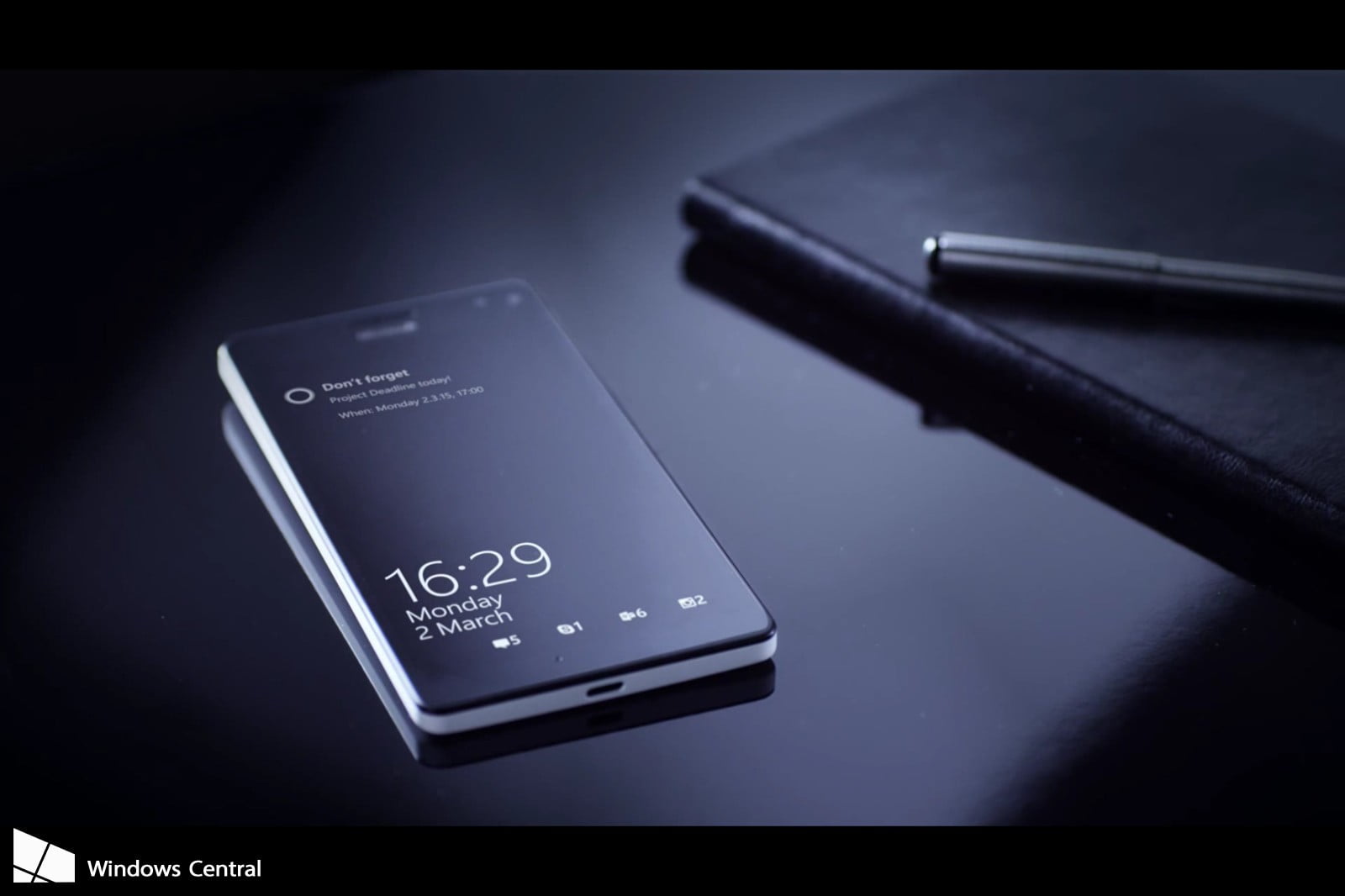/cdn.vox-cdn.com/uploads/chorus_image/image/59906899/surfacephoneconcept1.0__1_.0.jpg)
Microsoft has long been rumored to be working on a foldable dual-screen device, much like the Courier concept. While we’ve only seen patents and third-party design concepts, there are now signs that Microsoft’s close OEM partners are working on similar devices. WinFuturereports that Dell is working on a similar dual-screen device that runs Windows 10 and an unreleased Qualcomm Snapdragon 850 ARM processor.
Dell’s device is reportedly codenamed “Januss,” and has been under development since last summer, but it’s not clear whether the device will ever come to market. Dell was working on mobile Windows devices before, and those devices were canceled. Microsoft also canceled its own Surface Mini device, just weeks before it was due to be revealed. The Vergeunderstands that the documents WinFuture has obtained are old, and that Dell could have altered its product plans by now.
Microsoft’s own rumored device, codenamed Andromeda, continues to be the source of much speculation, but it also may never be released. Still, Microsoft is experimenting with something called “Andromeda OS” as the company keeps including references to this mystery product inside future versions of Windows 10.
If Microsoft isn’t alone in its dual-screen device ambitions, it’s likely the company is working closely with its OEM partners to ready a small number of these devices. HP, Asus, and Lenovo all worked with Microsoft to produce laptops powered by Qualcomm’s Snapdragon 835 processors and Windows 10 on ARM.
It’s still not clear what these mystery dual-screen devices will offer to cater for both a mobile experience and PC. Microsoft CEO Satya Nadella hinted last year that the company’s next phones may not look like phones. “So when you say ‘when will we make more phones’ I’m sure we’ll make more phones,” said Nadella last year. “But they may not look like phones that are there today.”
Update, 2:50PM May 31st: Article updated to note that the leaked Dell documents are old, and product plans could have changed by now.
sourve:-.theverge


